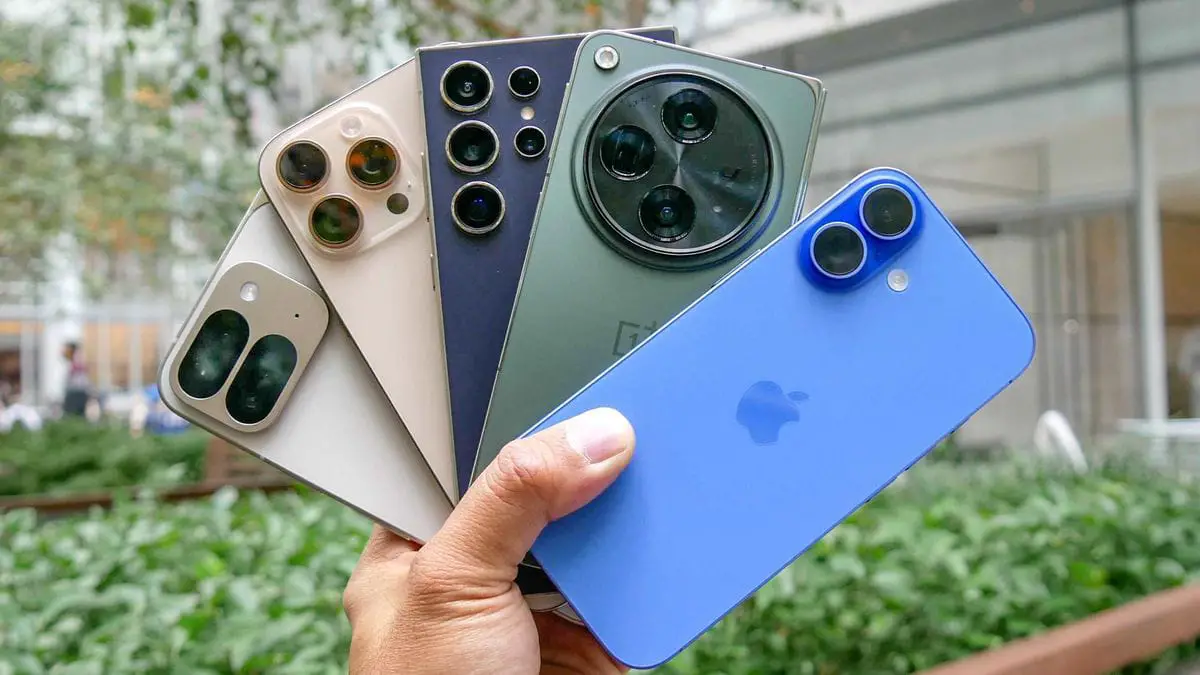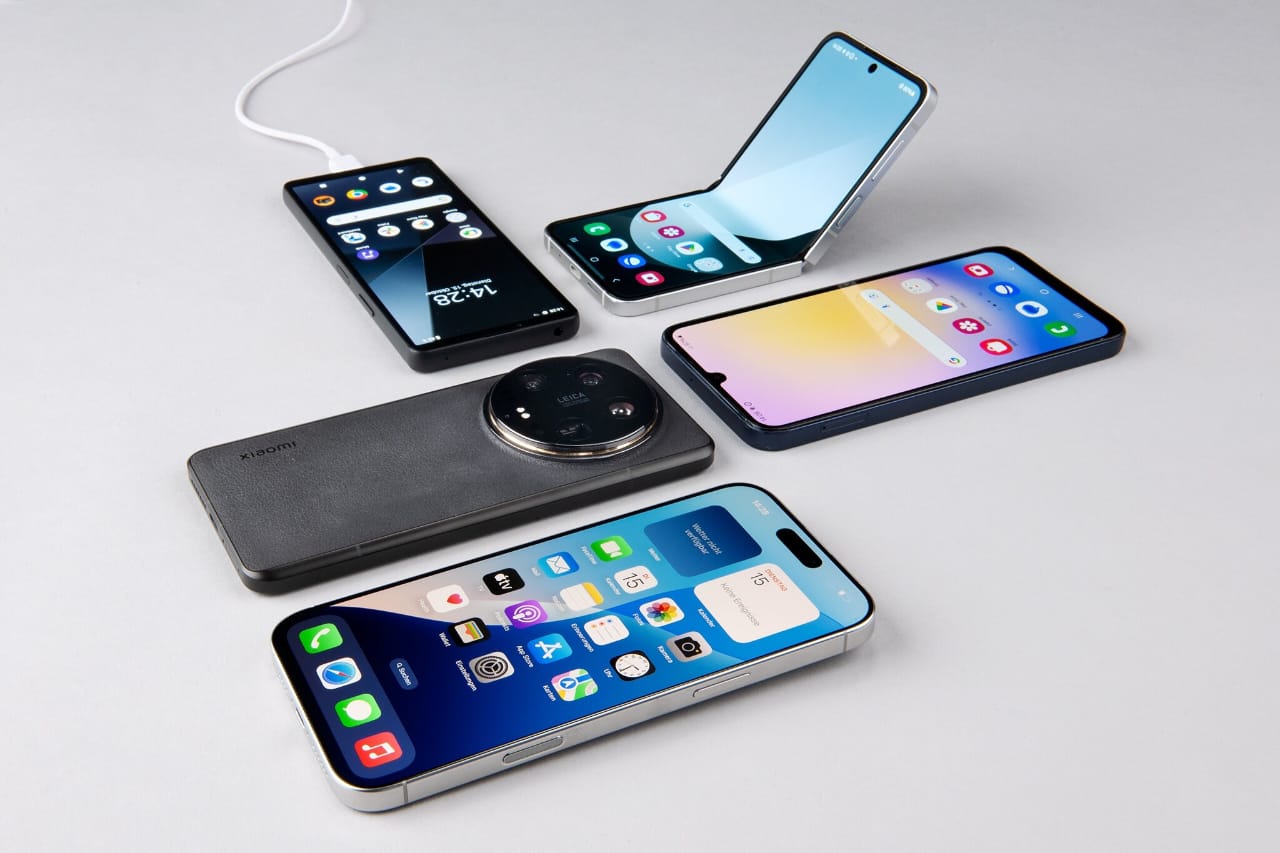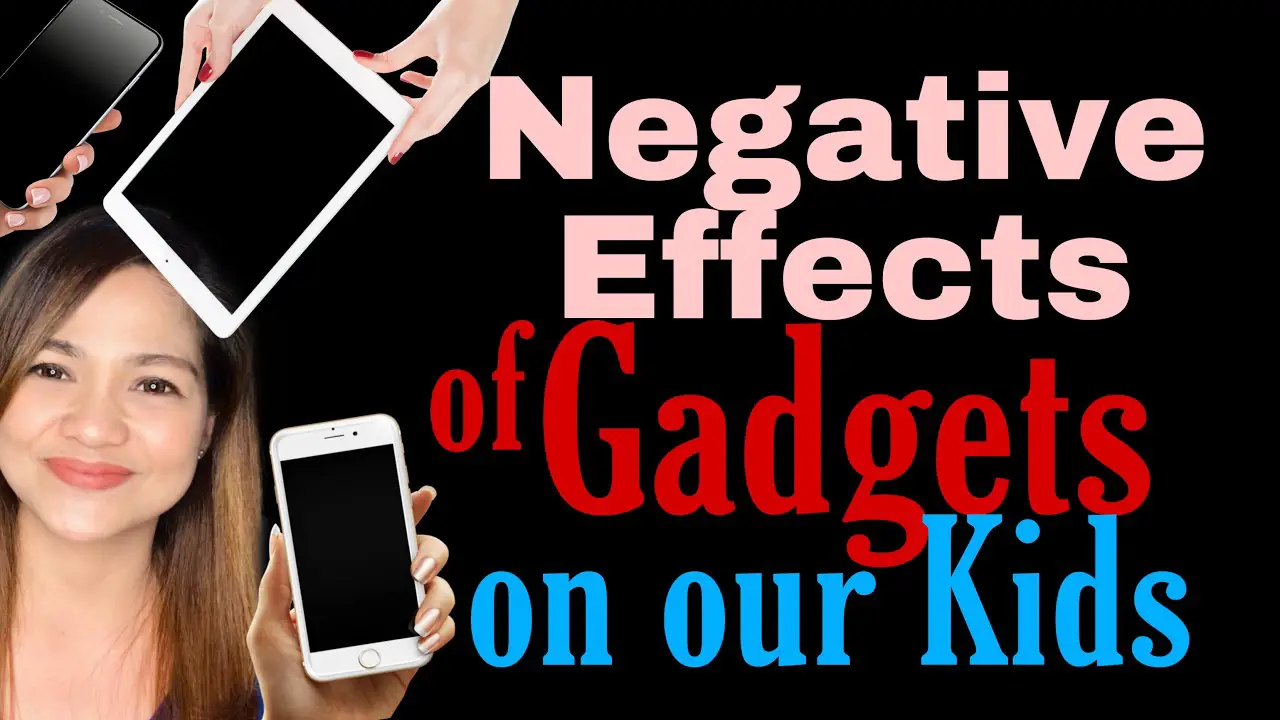In our fast-paced and interconnected world, social media applications have become an integral part of our daily lives. These apps have revolutionized the way we communicate, share information, and connect with people, making the world a smaller and more accessible place. In this article, we will delve into the profound importance of social media apps, exploring their impact on various aspects of society, from communication to business, and from politics to personal well-being.
The Evolution of Social Media
To understand the significance of social media apps today, it’s crucial to take a brief look back at their evolution. Social media as a concept has been around for decades, with early forms like bulletin board systems and online forums. However, it wasn’t until the 21st century that social media truly took off, thanks to platforms like Friendster, MySpace, and eventually, Facebook.
Today, the social media landscape is vast and diverse, with countless apps catering to different niches and interests. Some of the most popular social media apps include Facebook, Instagram, Twitter, LinkedIn, Snapchat, TikTok, and WhatsApp, among many others.
Communication and Connectivity
One of the most obvious and immediate impacts of social media apps is their ability to facilitate communication and connectivity. These platforms allow people to stay in touch with friends and family members regardless of geographical boundaries. This interconnectedness has made the world feel smaller and more accessible.
People can now communicate instantly through text, voice, or video calls, share photos and videos, and even engage in group conversations. Whether it’s sending a birthday message to a friend or participating in a virtual family reunion, social media apps have become an essential tool for maintaining relationships.
Business and Marketing
Social media apps have also transformed the business landscape. They offer a powerful platform for marketing and advertising, allowing companies to reach a global audience with ease. Here’s how social media has become a game-changer for businesses:
- Targeted Advertising: Social media platforms collect vast amounts of user data, which enables businesses to target their advertisements with incredible precision. This means that ads are more likely to reach people genuinely interested in the product or service being offered.
- Brand Building: Companies can use social media to build and strengthen their brand identity. They can interact with customers directly, respond to queries and feedback, and showcase their products or services through visually appealing content.
- E-commerce Integration: Many social media platforms now offer e-commerce features that allow users to shop directly through the app. This has revolutionized online shopping, making it more convenient and accessible than ever before.
- Influencer Marketing: Social media influencers have emerged as a new marketing channel. These individuals have large followings and can sway consumer opinions, making them valuable partners for brand collaborations and promotions.
- Analytics and Insights: Social media platforms provide businesses with valuable analytics and insights into their audience’s behavior. This data helps in refining marketing strategies and understanding customer preferences.
Politics and Activism
Social media apps have also played a significant role in politics and activism. They have given a voice to individuals and groups who might have otherwise struggled to be heard. Here are some ways in which social media has impacted politics:
- Political Campaigning: Politicians now use social media platforms to engage with voters, share their policies, and mobilize supporters. Platforms like Twitter have become essential tools for political discourse.
- Activism and Awareness: Social media has been instrumental in raising awareness about important social and political issues. Movements like #BlackLivesMatter and #MeToo gained momentum through social media, sparking widespread conversations and pushing for change.
- Citizen Journalism: Social media has turned ordinary citizens into reporters. People can share news, photos, and videos in real-time, providing a more diverse and immediate perspective on events.
- Political Polarization: While social media has enabled important conversations, it has also contributed to political polarization. Algorithms often show users content that aligns with their existing beliefs, creating echo chambers and reinforcing biases.
Mental Health and Well-being
The impact of social media on mental health and well-being is a topic of ongoing debate. While these apps offer many benefits, they also come with potential drawbacks:
- Social Comparison: Social media can lead to social comparison, where users compare their lives to the curated, idealized versions of others’ lives they see online. This can contribute to feelings of inadequacy and low self-esteem.
- Cyberbullying: Online harassment and cyberbullying are significant concerns. Social media can provide a platform for bullying and harassment, which can have severe consequences on mental health, especially among young users.
- Addiction and FOMO: The constant need to check social media feeds can lead to addiction-like behavior. Fear of missing out (FOMO) can also cause anxiety and stress when users feel they are not keeping up with their peers.
- Positive Support: On the flip side, social media can be a source of positive support. Online communities can provide a sense of belonging and understanding for individuals facing specific challenges or dealing with mental health issues.
Social Issues and Movements
Social media apps have played a pivotal role in addressing and highlighting various social issues and movements. Here are some examples:
- Climate Change Activism: Environmental activists have used social media to raise awareness about climate change, organize protests, and share information about sustainable living.
- Equality and Inclusion: Social media has given marginalized groups a platform to share their experiences and demand equality and inclusion. Hashtags like #LGBTQ+ and #MeToo have empowered individuals to speak out.
- Humanitarian Causes: Charities and humanitarian organizations use social media to raise funds and awareness for various causes, from disaster relief to poverty alleviation.
- Education and Awareness: Social media is a powerful tool for educating the public on a wide range of issues, from public health to historical events.
Conclusion
In conclusion, social media apps have become an indispensable part of our modern world. They have transformed the way we communicate, do business, engage in politics, and even think about our own well-being. While the impact of social media is undeniable, it’s essential to use these platforms mindfully, recognizing both their advantages and potential pitfalls.
As we move forward in this digital age, it is crucial to strike a balance between harnessing the benefits of social media for personal and societal growth while mitigating its negative effects. By doing so, we can fully embrace the importance of social media apps in our lives while ensuring they remain a force for good in our ever-evolving world.







Leave a Reply